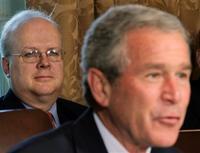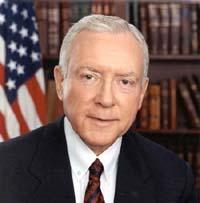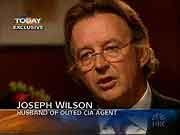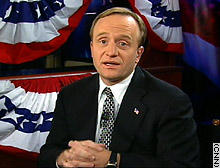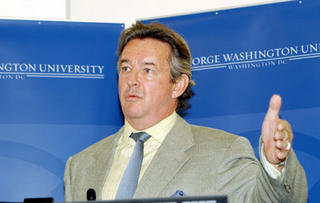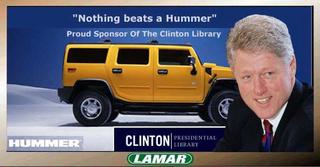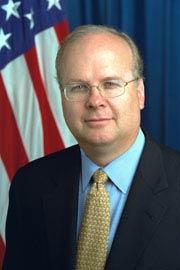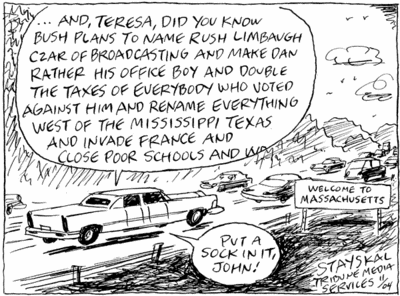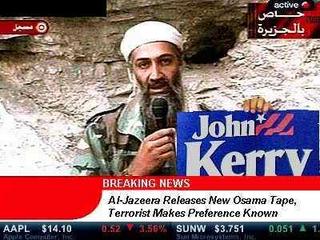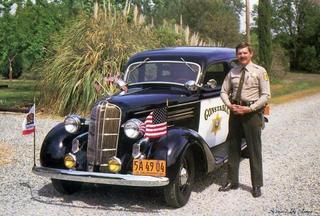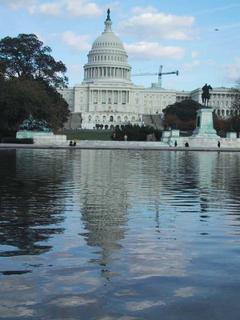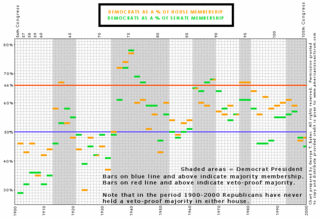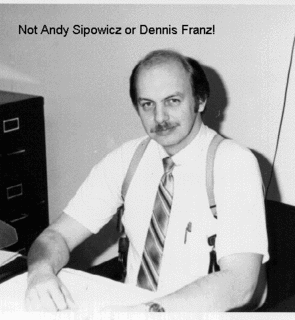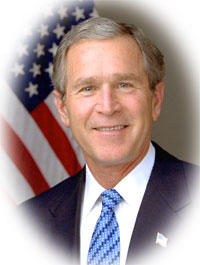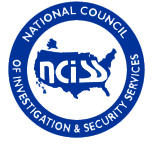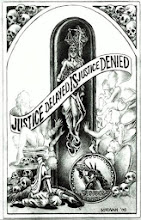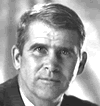
Of Heroes and Hatred
By Lt. Col. Oliver North (ret.)
July 15, 2005
WASHINGTON, D.C. -- In the midst of one of the greatest challenges we have ever faced, we in the Western world have developed a serious communications problem. In this era of hyper-sensitivity and political-correctness, words no longer have meaning. Those who are good are too often portrayed as evil; indefensibly wicked acts are made less so by the way they are described. Words like "hero" and "hatred" have lost definition. In the midst of a struggle for survival, the inability to discern attackers from allies, friends from foes and heroes from cowards is potentially catastrophic.
Earlier this week, Scotland Yard and MI5 -- the British domestic intelligence service -- concluded that three of the four young men who killed 52 people with backpack bombs in London on July 7 were home-grown. Law enforcement and security officials suspect that the plastic explosives used to create the carnage originated in Bosnia -- and were smuggled into the U.K. "by a criminal enterprise" after transiting much of the European Union. Investigators described the perpetrators as "criminals" and characterized the event as "unlawful." The government-subsidized BBC referred to them as "bombers" and the act as "barbaric." But for reasons too arcane for most of us to comprehend, none of these stewards of public safety are calling the killers what they are -- or their deed what it is. Those who planned and carried out the killing are, of course, radical Islamic fanatics who committed a horrific act of terrorism.
In the Netherlands, Mohammed Bouyeri, the confessed murderer of Dutch documentary filmmaker Theo van Gogh went on trial in The Hague this week. Instead of putting on a defense, Bouyeri arose in the court and announced that he was proud of what he had done, would have killed more if he could and would do it all again if given the chance. The charge Bouyeri faces is "aggravated murder," not terrorism. In describing the crime, Dutch prosecutors have steadfastly refused to describe Bouyeri as an Islamic radical -- though he has called himself a "soldier of Allah."
Here in the United States, we're not doing much better. The U.S. media has made the Abu Ghraib story front-page "news" for nine months -- and left the impression that the aberrant behavior of a few was common-place in the U.S. Armed Forces. An edited tape of a U.S. Marine firing at what he thought was a wounded, but armed and hostile, enemy combatant in a mosque in Fallujah was broadcast countless times by our television networks. Yet, when the Marine's court martial resulted in an acquittal, it was barely covered. Sen. Dick Durbin, D-Ill., compared the men and women of our Armed Forces to those of Cambodia's Pol Pot, Joe Stalin and Adolf Hitler -- and there were U.S. politicians who said there was no need for an apology.
The flip side of all this is also painfully obvious. The word "hero" no longer means one who has willingly put himself in grave physical jeopardy for the benefit of another. Heroes are people who overcome evil by doing good at great personal risk. Through self-sacrifice, fortitude and action -- whether they succeed or fail -- heroes provide a moral and ethical framework -- and inspiration -- for the rest of us.
Unfortunately, our modern definition of "hero" has been corrupted to include all manner of people who do not warrant the title. The athlete who just set a new sports record isn't a hero. Nor is the "daring" movie star or even the adventurer out to be the first solo climber to scale Mt. Everest. They may be brave -- but they don't meet the definition of a hero, for whatever they achieve benefits only "self." Real heroes are selfless.
U.S. Army Staff Sgt. Jonathan Holsey really is a hero. A nine-year Army veteran, Staff Sgt. Holsey was serving in the 1st Battalion, 503rd Infantry Regiment -- one of the units I've been privileged to cover in Iraq for FOX News. A roadside bomb -- placed by a terrorist, not an insurgent, not a "bomber," a terrorist -- so severely wounded him that his left leg had to be removed below the knee at Walter Reed Army Medical Center. He now wears a prosthetic leg -- yet he plans to stay in the Army. When I asked him why, he replied, "because my soldiers need me. We have a war to win -- and my country needs me."
Marine Lance Cpl. Jake Knospler is another hero. On November 12th, 2004, Knospler was leading his fire team in the 1st Battalion, 8th Marines during the fight to liberate Fallujah from terrorists -- not "freedom fighters," terrorists. An enemy grenade hit Knospler in the face, blowing away his jaw and part of his skull. He miraculously survived his terrible wounds and more than a dozen surgeries since. In the next two weeks, doctors at Bethesda National Naval Medical Center will reinstall part of Knospler's shattered skull that was removed and sewn into his chest until he was healthy enough to withstand the operation. Knospler told me, "I have to get better. My country, my corps and my family are counting on me."
These are just two of the countless heroes I've been blessed to see on the battlefield -- and in hospitals around the country. Unlike Her Majesty's government, Dutch prosecutors, much of our media and too many of our politicians, they have no trouble telling good from evil. They have confronted terror and persevered. In this age of ruptured rhetoric and garbled language we should be grateful that we have such young Americans who know the difference.
Oliver North is a nationally syndicated columnist and the founder and honorary chairman of Freedom Alliance.
